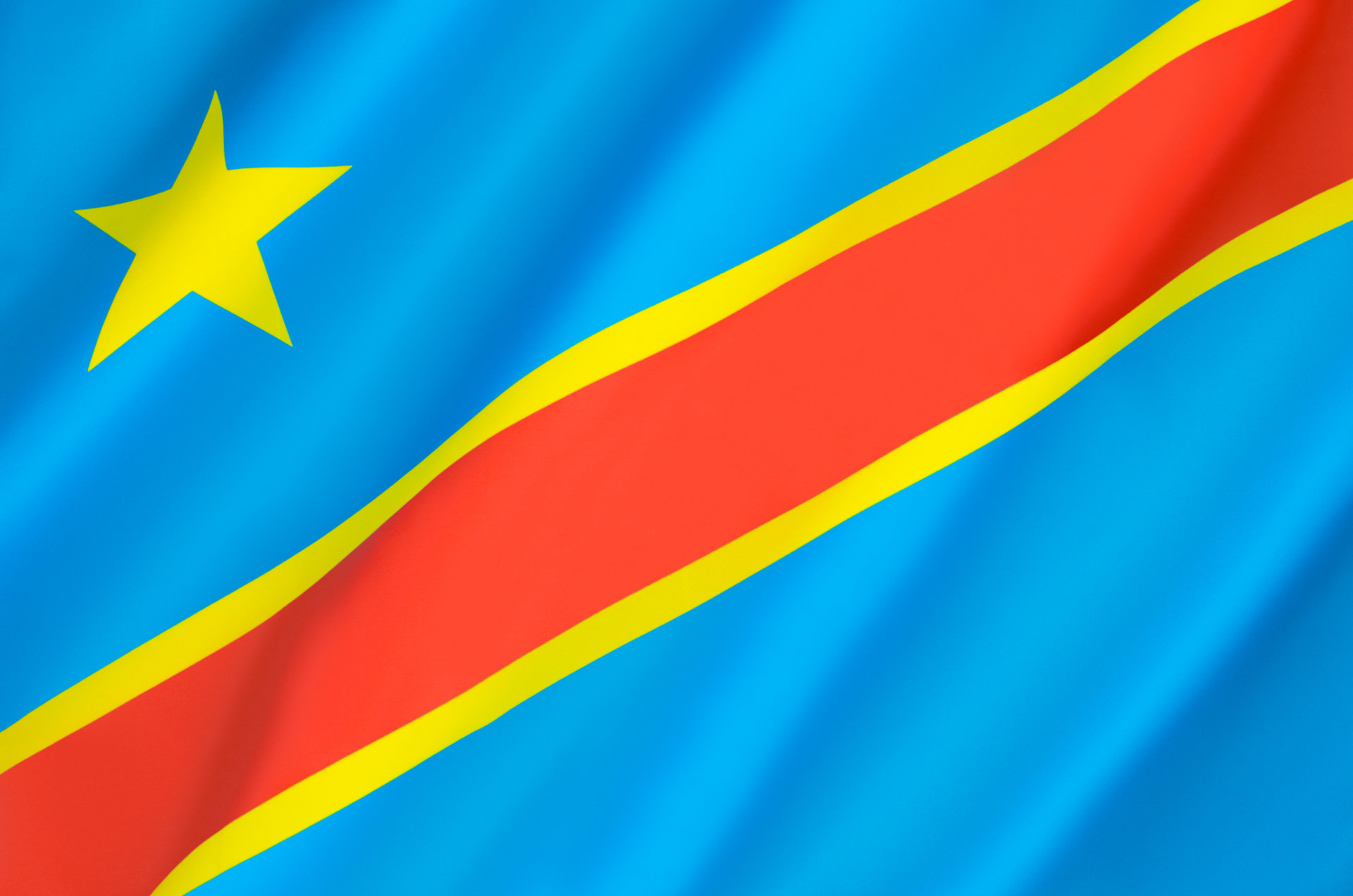
The leaked United Nations Mapping Report documenting a decade of violence in the DRC has caused quite a stir. The report documents atrocities committed by various armed groups in the country, it also alleges that Rwandan forces systematically killed Hutu refugees that fled the DRC in the aftermath of the Rwanda genocide. If proven Rwanda may be guilty of genocide. Much of the world’s attention has focused on this aspect of the report. Unsurprisingly Rwanda is outraged, describing the report as an amateurish NGO job, and has threatened to withdraw its troops from peacekeeping operations in the region. NGOs have welcomed the report and the UN’s decision to release the final version of report in October 2010. The DRC conflict has raged for over a decade, it is estimated that up to 5 million people have lost their lives. It was therefore inevitable that a report of this nature was going to surface. The horror stories that have emerged from the DRC are well documented, and no one is going to deny the gross violation of human rights in the region. The history of the DRC is as complex as it is bloody and this report attempts to shed light on the conflict and those responsible, it is not simply about pointing the finger at Rwanda.
The big question is, what now? Will this report be used to bring about justice for the countless victims. If so, how will this be done – International Tribunal, Special Tribunal, Hybrid Court, Truth and Reconciliation Commission or a combination of all of the above? History has taught us that transitional justice mechanisms are political, resource intensive, costly and take a long time. If justice is to be achieved the world needs to act now. Its time to start brainstorming!
This entry was posted in International Criminal Justice. Bookmark the permalink.



